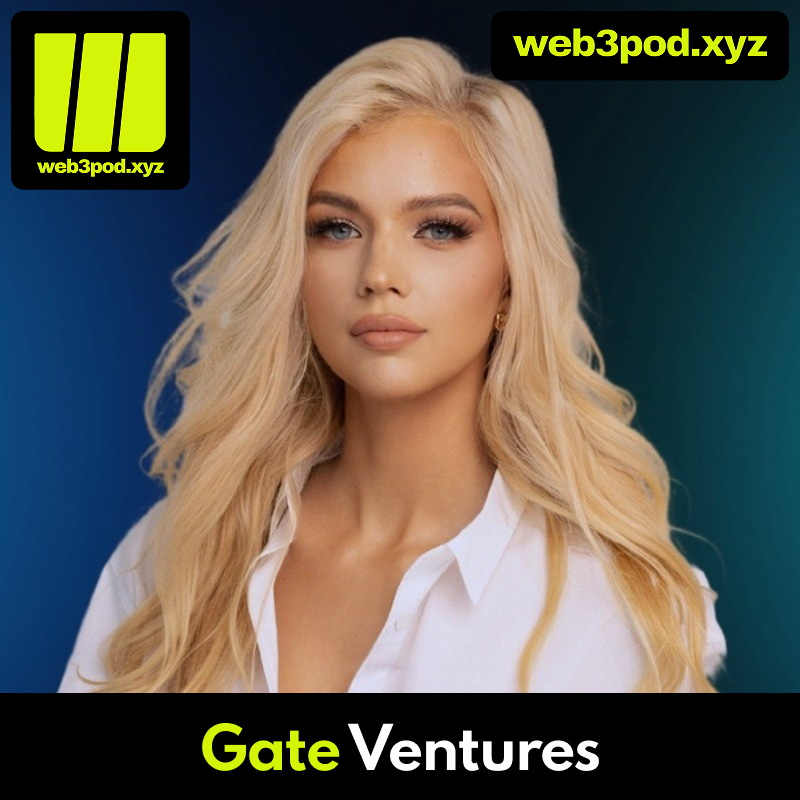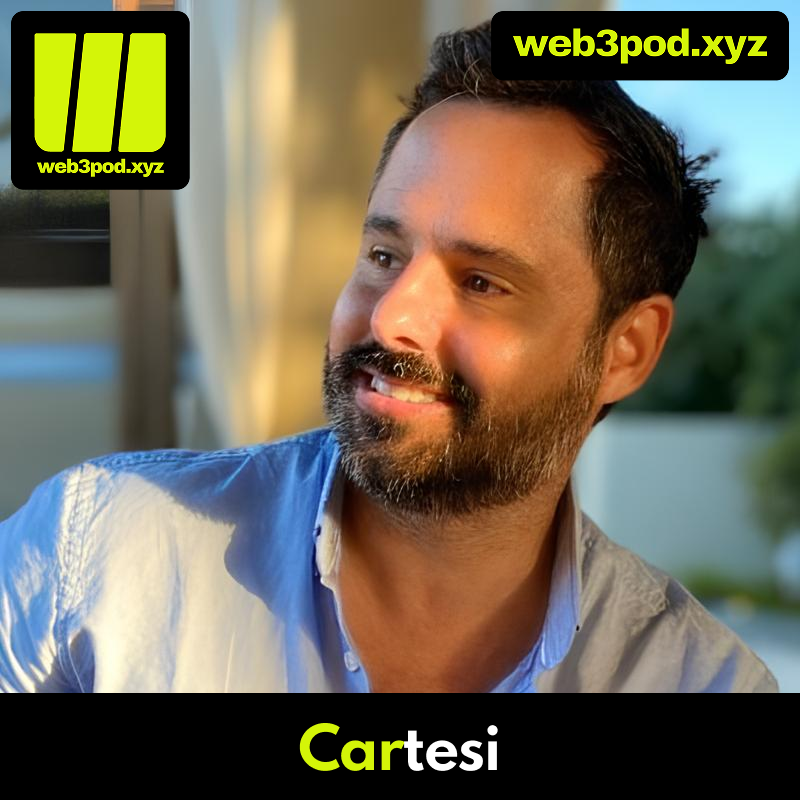Understanding the Future of Blockchain with ZKAM

Blockchain technology has been evolving rapidly, and Ethereum remains at the forefront of this revolution. In a recent episode of the "Web3 with Sam Kamani" podcast, we delved into the intricacies of Ethereum, zero-knowledge proofs, and the future of blockchain with Ming, the Chief Scientist at ZKAM. Here's a simplified breakdown of our discussion, ensuring everyone can grasp these exciting concepts.
The Evolution of Ethereum
Ethereum has been a game-changer in the blockchain world, offering more than just a cryptocurrency. It introduced the concept of smart contracts, enabling decentralized applications (dApps) to flourish. However, with great innovation comes significant challenges, particularly in scaling and ensuring efficiency.
Rollups and Sharding
Ethereum's journey to scalability involves innovative solutions like rollups and sharding. Rollups allow transactions to be processed off-chain, reducing the load on the main Ethereum blockchain. Sharding, another groundbreaking approach, involves splitting the Ethereum network into smaller pieces (shards), each capable of processing its transactions and smart contracts. These advancements aim to enhance Ethereum's capacity and reduce transaction costs.
Decentralized vs. Distributed Computing
A common confusion in the blockchain space is the difference between decentralized and distributed computing. While both share similarities, the key distinction lies in control and ownership.
- Distributed Computing: Focuses on spreading tasks across multiple machines, often owned by a single entity (like Google or Meta). It's about ensuring reliability and efficiency in processing data.
- Decentralized Computing: Prioritizes ownership and control by individuals. No single entity has control, making it resistant to censorship and fostering a trustless environment where trust is built through mathematical proofs and code, not centralized authorities.
Introducing ZKAM and Zero-Knowledge Virtual Machines
ZKAM, incubated by the Metis Foundation, aims to push the boundaries of blockchain technology. At the heart of their innovation is the Zero-Knowledge Virtual Machine (ZKVM). Unlike traditional virtual machines, ZKVM allows for the validation of computations off-chain, providing proofs that can be trusted on-chain.
The Importance of Interoperability
As the blockchain ecosystem grows, different blockchains need to communicate and share information seamlessly. This is where ZKAM's vision of a global settlement layer comes into play. By creating entangled rollups, ZKAM aims to enable interoperability without relying on traditional, often insecure, bridges.
Bridging Without Bridges
Traditional bridges, which facilitate the transfer of assets between blockchains, come with significant security risks. ZKAM introduces a novel approach with entangled rollups, leveraging zero-knowledge proofs to create a seamless, secure way to achieve interoperability. This method ensures that assets remain under the user's control, maintaining the decentralized ethos of blockchain technology.
The Future of ZKAM
Ming shared an ambitious vision for ZKAM, seeing it as a cornerstone for the next generation of blockchain applications. With scalability challenges being addressed, the focus will shift to building robust, interoperable systems that can support a wide range of decentralized applications.
Conclusion
Blockchain technology is on the cusp of significant advancements, with projects like ZKAM leading the charge. By understanding and implementing innovative solutions like zero-knowledge proofs and entangled rollups, the future of a truly decentralized and interoperable blockchain ecosystem looks promising.
Connect with Us
You can connect with me, Sam Kamani, on social media or reach out directly. My DMs are open, and I’m always eager to engage with fellow innovators.
This episode covered the exciting development in the world of Web3. You can listen to it here .
Stay tuned for more episodes where we dive into the world of Web3. Thank you for your support and best of luck in building your startups and projects.




